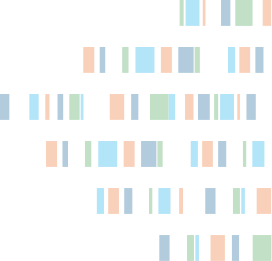While the effects of barriers to dispersal such as population declines, habitat fragmentation, and geographic distance have been well-documented in terrestrial wildlife, factors impeding the dispersal of highly vagile taxa such as seabirds are less well understood. The roseate tern (Sterna dougallii) is a globally distributed seabird species, but populations tend to be both fragmented and small, and the species is declining across most of its range. We evaluated structuring of roseate tern populations in the Northwestern Atlantic, the Caribbean, and the Azores using both microsatellite markers and single-nucleotide polymorphisms generated through targeted sequencing of Ultra-conserved Elements. For both marker types, we found significant genetic differentiation among all 3 populations and evidence for moderate contemporary unidirectional gene flow from the Caribbean to the Azores, but not between other populations. Within the Caribbean population, we found high rates of unidirectional migration from the Virgin Islands to Florida, potentially indicative of movement from source population to sink or an artifact of dispersal among other unsampled populations in the Caribbean region. These observations have significance for species persistence in the Atlantic, as our results indicate that loss of genetic diversity within populations is unlikely to be buffered by inflow of new alleles from other breeding populations.

Home » Conservation genomics reveals low connectivity among populations of threatened roseate terns (Sterna dougallii) in the Atlantic Basin
Publications
Conservation genomics reveals low connectivity among populations of threatened roseate terns (Sterna dougallii) in the Atlantic Basin
myBaits
Daicel Arbor Biosciences
5840 Interface Dr. Suite 101,
Ann Arbor, MI 48103
1.734.998.0751Ann Arbor, MI 48103
©2025 Biodiscovery LLC
(d/b/a Daicel Arbor Biosciences)
All Rights Reserved.
(d/b/a Daicel Arbor Biosciences)
All Rights Reserved.

 Bluesky
Bluesky